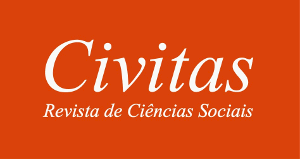Abstract:
The expression post-colonial, current in the 70’s of the last century, was only recognized in the Anglo-Saxon world as a substantial concept during the 80’s. This dates from the publication of the book, The empire writes back: theory and practice in post-colonial literatures (Ashcroft, 1989ASHCROFT, Bill et al. The empire writes back: theory and practice in post-colonial literatures. Londres: Routledge, 1989.). Although this was one of the first books in this area of study (however, a seminal work which, we could say, gave rise to the opening of a field of research which is being retraced today), and although there can’t be said to be one post-colonial theory, what seems to approximate the various perceptions of this field of studies is the construction of epistemologies that point to other methodological paradigms for cultural analysis. The most important change to point out in the field of cultural (and literary) is the analysis of power relations in the different areas of social activity, differentiated by such things as ethnicity, race, class, gender and sexual orientation. Despite this, many researchers, particularly from the former empires, merge in their considerations of recent cultural studies, notably in the area of post-colonial criticism, reorganized on other foundations, different from the traditional, from linear and dualistic antagonisms which attempt to perpetuate the supremacy of an ideological and historical space-time structure. The object of the present study is to endeavour to unveil these hegemonic meanderings of post-colonial studies.
Keywords:
Post-colonial; Epistemological construction; Ideology; Hegemony
